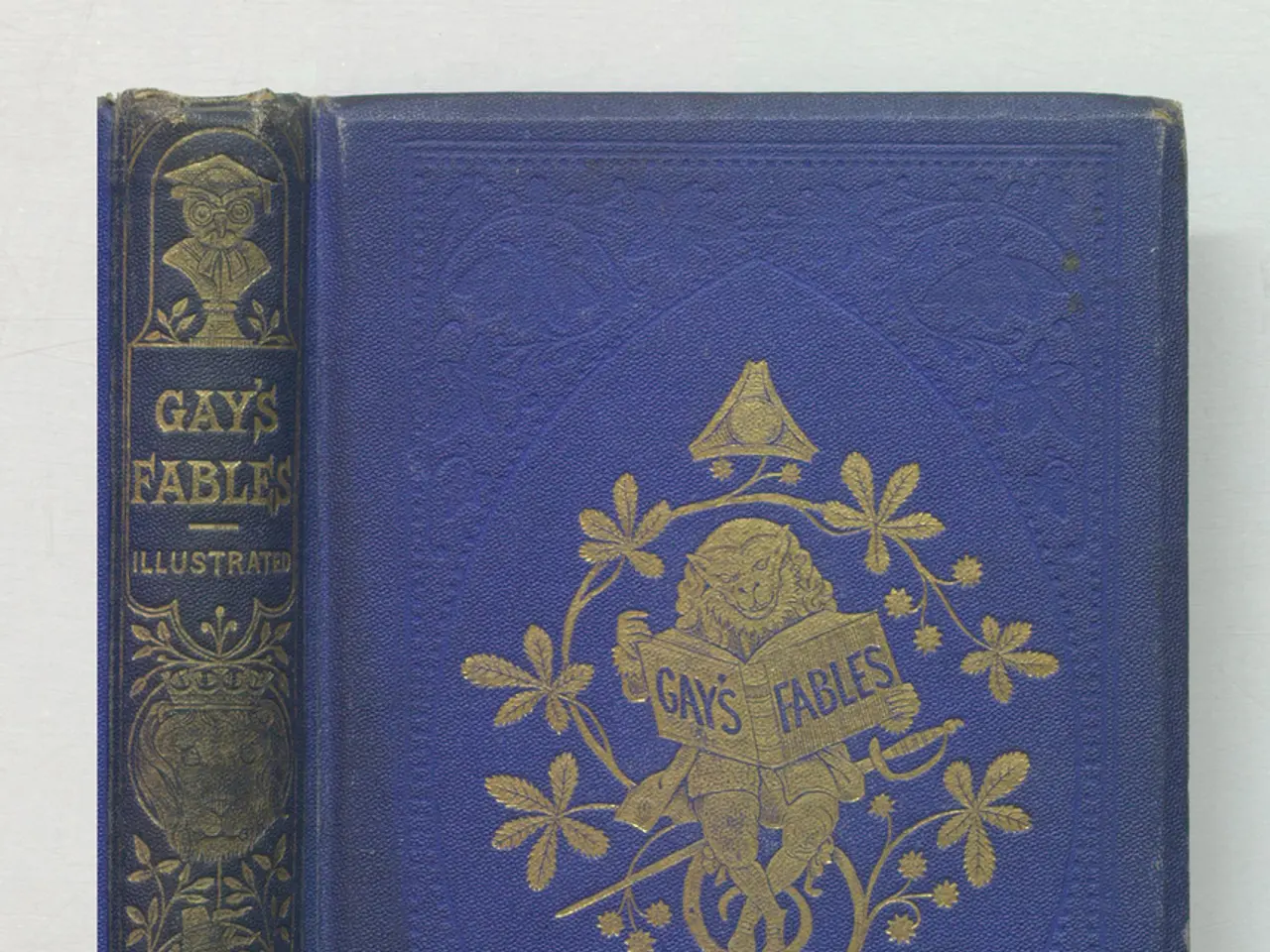US faith-based organizations contributing to the enactment of anti-LGBTQ+ legislation in Africa
In 2021, the Ghanaian parliament introduced an anti-queer bill, proposing jail terms of up to 10 years for individuals found producing or distributing materials that promote LGBT activities. This legislation, widely condemned, includes a ban on healthcare for trans people, jail terms for public display of affection between people of the same sex, prohibitions on same-sex marriage, restrictions on adopting children as LGBTQIA+ parents, and penalties for supporting or funding LGBTQIA+ groups.
The roots of this anti-LGBTQIA+ legislation in Africa can be traced back to the influence of conservative U.S. organizations such as Family Watch International and the World Congress of Families. These groups have significantly contributed to the rise of such laws by organizing and supporting conferences, campaigns, and networks that promote anti-LGBTQIA+ ideologies under the guise of defending “family values” and boosting African cultural or religious traditions.
One such event was the Pan-African Conference on Family Values, which brought together conservative leaders and guest speakers from the U.S. and Europe to fortify conservative social policies targeting LGBTQIA+ rights in Africa. The conference, attended by several speakers from different parts of the continent, including Sharon Slater, the founder of Family Watch International, cast LGBTQIA+ people as agents sent to stymie population growth and wreck the traditional Christian family.
These activities have coincided with a broader global conservative push—led partly by American right-wing groups—to reverse LGBTQIA+ rights progress both in the U.S. and abroad, including Africa. This transnational activism bolsters homegrown anti-LGBTQIA+ movements by providing them training, resources, and international backing, which has helped fuel the drafting and enactment of restrictive laws targeting LGBTQIA+ communities across multiple African countries.
The impact of sanctions on the economic influence of these organizations remains complex. Over $54 million have been poured by over 20 conservative U.S. groups into fighting LGBTQIA+ rights and access to safe abortion and contraceptives across the African continent since 2007. However, sanctions and public statements from countries where these groups originate haven't stopped homophobic laws from going forward.
Despite the immense danger their activities pose to the advancement of equality and progressive reproductive rights, these groups have found fertile ground for their ideologies on the continent. The activities of these groups echo colonial history, as nearly a billion people on the continent are either Christians or Muslims.
However, the resistance to anti-LGBTQIA+ laws remains strong. Queer voices and advocates have spoken out, forming newer organizations and building their capacity to tackle anti-gender actors. Dr. Rita Nketiah, a queer activist and graduate student, attended the conference to observe and document the proceedings. The conference resulted in several agendas and action points, including establishing new organizing structures for the movement across the continent, with competent and efficient legal teams to focus on court cases and constitutional challenges.
In Uganda, the anti-LGBTQIA+ bill was passed on March 21, 2023, after years of deliberation, and gives permission to police authorities to target gay Ugandans. Before the bill was passed, life in Uganda for queer people was safer, but now they find themselves in a state of fear and restlessness. The bill has increased violence towards members of the LGBTQIA+ community in Ghana.
The activities of these organizations, such as the World Congress of Families, which organized a conference in Ghana in 2019, have contributed to the rise of anti-LGBTQIA+ legislation in Africa by empowering local actors with a global conservative framework and logistical support. Despite the efforts of these groups, the resilience and determination of the LGBTQIA+ community in Africa continue to shine through in their relentless pursuit of equality and justice.
[1] Human Rights Watch (2021). "Africa: Anti-LGBTQ Activism Fueled by U.S. Funding." https://www.hrw.org/news/2021/05/19/africa-anti-lgbtq-activism-fueled-us-funding [2] Amnesty International (2021). "Uganda: New anti-LGBTQ+ law puts lives at risk." https://www.amnesty.org/en/latest/news/2021/01/uganda-new-anti-lgbtq-law-puts-lives-at-risk/ [3] The Guardian (2021). "Uganda's anti-gay bill: the global forces behind the legislation." https://www.theguardian.com/world/2021/may/20/ugandas-anti-gay-bill-the-global-forces-behind-the-legislation [4] Southern Poverty Law Center (2021). "Family Watch International." https://www.splcenter.org/fighting-hate/extremist-files/group/family-watch-international [5] The New Humanitarian (2021). "How U.S. conservative groups are fuelling Africa's anti-LGBTQ+ crackdown." https://www.thenewhumanitarian.org/news/2021/05/18/U-S-conservative-groups-Africa-anti-LGBTQ-crackdown
Read also:
- Southwest region's most popular posts, accompanied by an inquiry:
- Discussion between Putin and Trump in Alaska could potentially overshadow Ukraine's concerns
- Massive 8.8 earthquake hits off the coast of Russia's Kamchatka Peninsula, prompting Japan to issue a tsunami alert.
- Tinubu's administration allegedly causing issues within every political party as Peter Obi's name surfaces - Obidient Movement asserts








